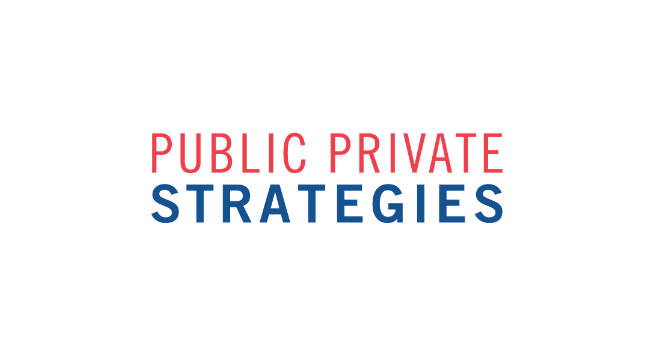Strength Through Adversity: Five Enhanced Attributes Caregivers Bring To The Workforce

UNIVERSAL IMAGES GROUP VIA GETTY IMAGES
An unfortunate misconception about working caregivers is that their work output suffers tremendously while they care for a loved one and that their employers and coworkers have to bend over backwards to cover for them. That statement is the farthest from the truth and misrepresents more than a fifth of the U.S. population.
The number of caregivers in the U.S. continues to grow. AARP’s 2020 report on caregiving in the U.S. found that 21.3%, or 53 million, of Americans are caregivers, which is up from 43.5 million in 2015. If there is a silver lining with this increase, it is that millions of Americans are also acquiring greater strengths and skills.
When business owners who truly care about their employees take steps to support them when they face a caregiving crisis, they also benefit from the stronger attributes acquired through caring for a loved one. These include, but are not limited to:
- A greater maturity through navigating tense situations;
- Increased empathy from their own experience and their loved ones’;
- Stronger research and critical thinking skills to understand the ailments their loved ones are facing in addition to federal, state, and local programs that can support them;
- Better people skills through working with their loved ones, doctors, and caregiving team; and
- An enhanced ability to multitask through managing caregiving responsibilities, as well as the other responsibilities they had prior to the crisis.
Working caregivers acquire these skills through being pushed to their limits and forced to adjust to manage them. Business owners can support their working caregivers and their growth by simply looking at their challenges with empathy and flexibility to help them meet all of the demands they are facing. This does not require an overhaul of one’s business. It simply involves taking practical steps and here is an online caregiving resources guide to walk you through them, including making a plan on how employees can meet both their work and caregiving responsibilities through cross-training and back-stopping essential duties, exploring remote and flexible work options, and understanding what federal, state, and city-level policies are available to help navigate caregiving responsibilities and costs. Clear communication with employees should also be a core component to all of these efforts.
As the old saying goes, “Through adversity comes strength.” If business owners do not support their workers during a caregiving crisis, then their employees will be forced to choose between work and family, and the employer will lose an established member of the team instead of retaining a stronger one. However, if business owners support their employees who are facing a caregiving dilemma, they will come away with a stronger team and higher morale.
This piece originally appeared in Forbes on October 23, 2020. You can view it online here.
Rhett Buttle is the founder of Public Private Strategies, Executive Director of the Small Business Roundtable, Founder of the NextGen Chamber of Commerce, a Senior Fellow at The Aspen Institute, and a contributor for Forbes.
WANTING MORE NEWS? SIGNUP TODAY
Contact Us







